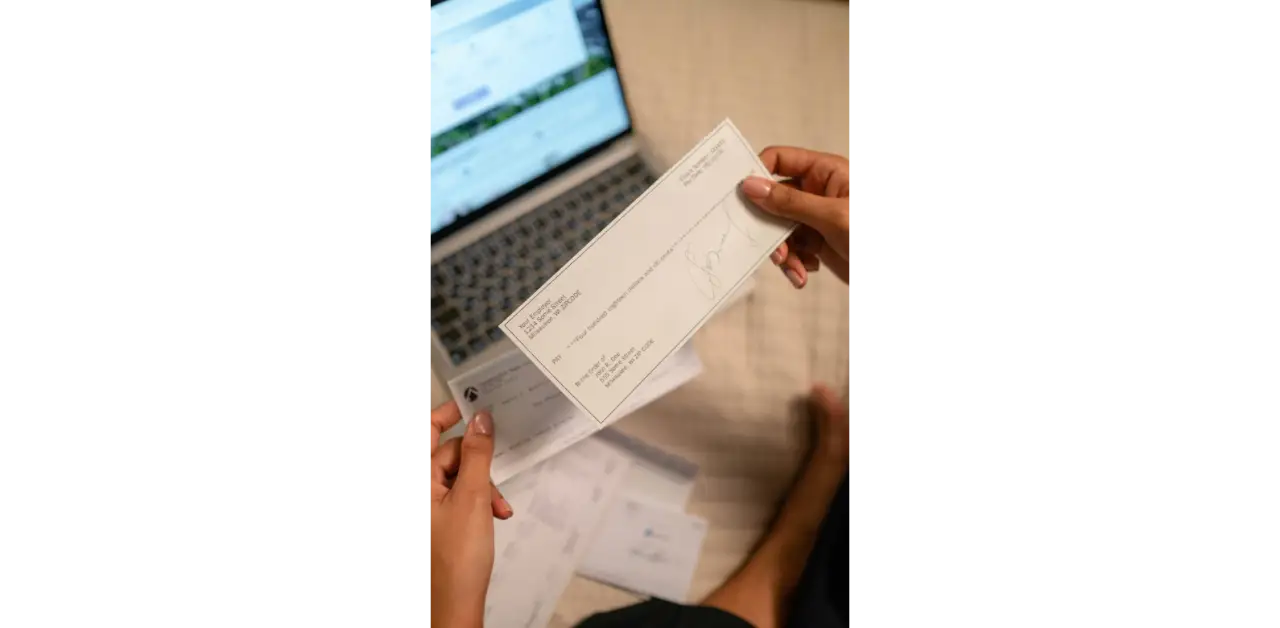Facing a cheque bounce case in India can be a daunting experience with potential legal and financial consequences. However, understanding the legal strategies and practical steps available can help individuals and businesses navigate the process effectively.
This article provides a comprehensive guide on how to escape from a cheque bounce case in India, covering legal defences, negotiation tactics, procedural compliance, and the importance of seeking professional legal counsel.
Understanding the Allegation
Upon receiving a legal notice for a bounced cheque, it is crucial to assess the allegations carefully. Review the details of the transaction and understand the legal basis of the case.
Determine whether there are any grounds for disputing the allegation, such as lack of intent to defraud or procedural irregularities.
Assessing Defenses
Identify potential defenses against the cheque bounce allegation, such as:
- Dispute regarding the underlying debt or liability.
- Lack of consideration for the cheque transaction.
- Invalidity of the cheque due to technical errors or irregularities.
- Failure of the payee to comply with legal requirements, such as presenting the cheque within the validity period.H
Legal Consultation – How to Escape from Cheque Bounce Case
Seeking legal counsel is essential for understanding your rights and options in a cheque bounce case. Consult with a qualified lawyer experienced in handling such matters.
A skilled attorney can assess the merits of your case, advise you on potential defences, and represent your interests effectively in legal proceedings.
Negotiation and Settlement
Explore opportunities for negotiation with the payee to resolve the dispute amicably. Consider offering a settlement amount or alternative arrangements to satisfy the debt. Negotiating a settlement can help avoid lengthy and costly litigation while preserving relationships with the parties involved.
Document Preparation
Gather relevant documents to support your defense, including:
- Copies of the bounced cheque and transaction records.
- Correspondence with the payee, including any settlement offers or agreements.
- Bank statements and evidence of funds availability at the time of issuing the cheque.
Ensure that all documentation is accurate, complete, and organized for presentation in legal proceedings.
Court Representation
If legal action is initiated against you, engage legal representation for court appearances and hearings. A skilled lawyer can advocate on your behalf, present your case effectively, and navigate the complexities of the legal process. Be proactive in communicating with your attorney and providing any necessary information or documentation to support your defence.
Procedural Compliance
Adhere to statutory timelines and procedural requirements prescribed under Indian law. Respond promptly to legal notices and court summons, and comply with any orders or directives issued by the court.
Failure to comply with procedural requirements can weaken your defense and jeopardize your case.
Evidence Presentation
Present evidence to refute the allegations and support your defense. This may include:
- Documentation demonstrating the validity of the cheque transaction.
- Evidence of funds availability in your bank account at the time of issuing the cheque.
- Witness testimony or expert opinions corroborating your defense.
- Highlight inconsistencies or lack of evidence in the plaintiff’s case to strengthen your defense arguments.
Legal Arguments
Formulate persuasive legal arguments to defend against the cheque bounce allegation. Cite relevant statutory provisions, case law, and legal principles to support your defense.
Present your arguments clearly and convincingly, addressing each element of the plaintiff’s claim and highlighting any weaknesses or deficiencies in their case.
Appealing the Judgment
In case of an unfavorable outcome, explore options for appealing the court’s decision. Understand the appellate process and requirements under Indian law. Engage experienced appellate counsel to review the judgment, identify grounds for appeal, and pursue appellate remedies effectively.
Compliance with Court Orders
Comply with any court orders or judgments issued in the case. Fulfil any financial obligations or penalties imposed by the court, if applicable. Adhering to court orders demonstrates respect for the legal process and may help mitigate further consequences.
Conclusion
Escaping from a cheque bounce case in India requires a strategic approach, procedural compliance, and effective legal representation.
By understanding your rights, assessing potential defences, and seeking professional legal counsel, you can navigate the legal process successfully and achieve a favourable outcome.
Act promptly, gather relevant evidence, and present your case convincingly to defend against the allegations and protect your interests in cheque bounce proceedings.




Leave A Comment